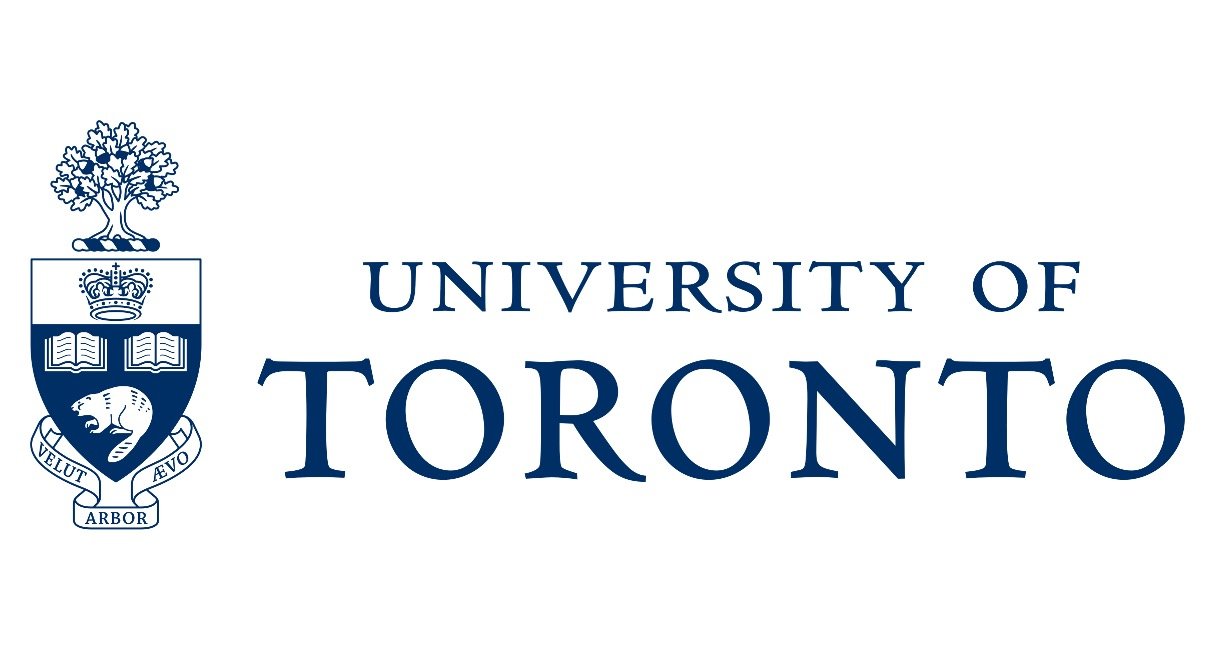About Master’s Program,
The Masters of Science in Biomedical Engineering prepares students to conduct research involving the application of engineering to biological systems. Examples of research projects are sensors to detect specific biological molecules or pathogens in food or water, understanding cell membranes in terms of signaling and transport of molecules, imaging of cells or proteins, conformation of biological molecules at membrane surfaces as well as environmental risk assessment modeling.
Alliances with several governmental agencies and other organizations, such as the Institute of Molecular Biophysics, the Jackson Laboratory and Maine Medical Center Research Institute, increase research opportunities related to genetics and biomedical issues in engineering. Cooperation with the Frontier Institute for Research in Sensor Technologies (FIRST) gives access to tools related to surface analysis.
Research carried on as the basis for the thesis may be selected from current department research projects. Standard equipment for cell growth and characterization, near IR, confocal microscope, mechanical testing of biological materials and other tools are available. Specialized equipment is also available related to individual projects.
Students selecting Biomedical Engineering as a graduate major must have completed the equivalent of a recognized accredited undergraduate engineering curriculum with a high scholastic record.
The M.S. degree requires 30 semester hours of graduate work which must include two seminars and 18 credits of courses in addition to the thesis. Required core courses are BEN 502 (Advanced Materials in Bioinspired Engineering), BEN 503 (Advanced Instrumentation in Biomedical Engineering) and BEN 580 ( Computational Methods in Biomedical Engineering). Three technical electives courses are required of which one needs to be 500 level or above.
Master’s Program Degree Eligibility with GPA,
A bachelor’s degree is required to complete a graduate-level degree or non-degree study.
Master’s Funding Coverage,
The Department of Chemical Engineering and Biomedical Engineering usually provides full stipends and payment of tuition for all qualified students enrolled in the M.S. and Ph.D. programs. Financial assistance is available in the form of graduate assistantships which provide free tuition and an annual stipend. For more on this breakdown, see the UMaine Graduate School website.
Application for admission should be submitted as soon as possible and at least three months in advance of the proposed starting date.
Application Requirement,
A complete degree application should include the following:
- essay,
- resume,
- recommendation letters,
- transcripts,
- test scores,
- Completed online application
- Including an essay & resume
- Three letters of recommendation*
- Official transcript of all previous college or university work
- Official test scoresif applicable
- $65 application fee
*Required for most programs. Check with your department about admission requirements before starting your application.
Application Deadline,
Jan 17, 2025
Application Fee,
- $65 application fee


